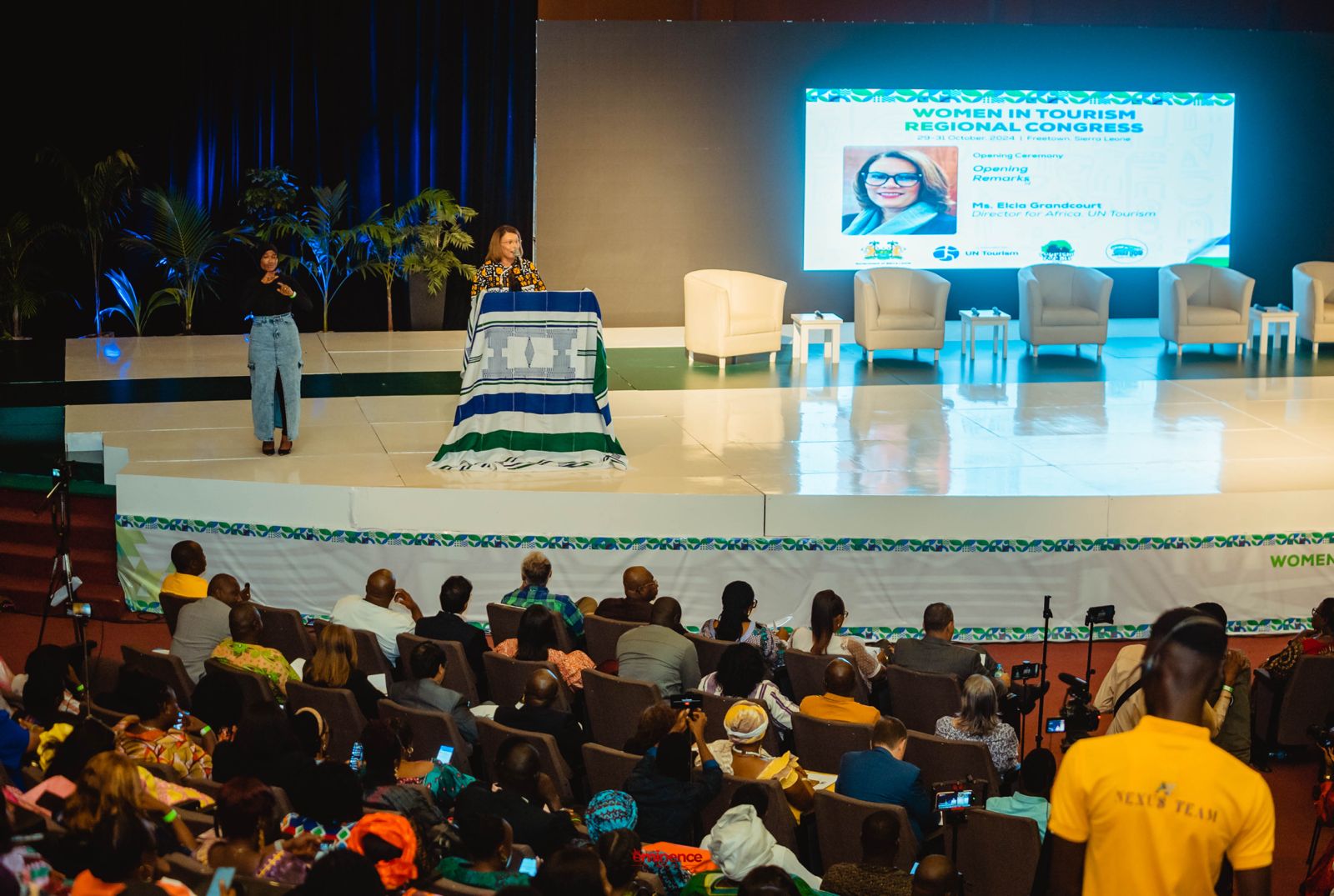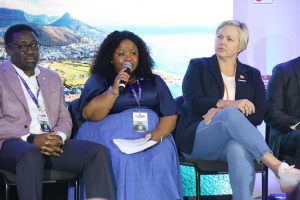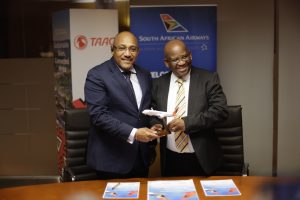The Women in Tourism Regional Congress recently took place in Freetown, successfully gathering leaders, policymakers and tourism stakeholders to strategize on advancing gender equality within the industry. Under the theme “Beyond Empowerment to Education, Innovation and Finance Access,” the three-day event emphasized moving past conventional empowerment efforts to equip women with the tools needed to thrive through education, technology, and financial support.
Elcia Grandcourt, the UN Tourism Regional Director for Africa, highlighted the event’s significance as a continuation of the UN’s agenda to promote inclusive growth through tourism. Reflecting on the momentum established during the first Regional Congress in Accra, Ghana, in 2019, she reiterated the importance of positioning women at the heart of tourism’s growth.
“Empowering women and youth through tourism is central to our vision for sustainable development,” Grandcourt remarked. “This Congress has provided a vital platform for fostering connections and laying the groundwork for partnerships that champion gender equality, ensure equitable access to opportunities, and empower women to rise as leaders.”
Grandcourt also praised Sierra Leone’s Minister of Tourism for her leadership in advancing tourism’s role in community development. She noted the country’s 10-year Tourism Strategic Master Plan, which has created a foundation for growth through public-private partnerships and investment incentives. Additionally, Sierra Leone’s national “Tourism for All” campaign, which promotes local participation and pride in the country’s natural and cultural heritage, was commended as a key factor in transforming the sector.

“We commend the government and people of Sierra Leone for hosting this event and for their dedication to creating an equitable and inclusive tourism sector,” Grandcourt added.
A focus on education, innovation & finance
A core part of the Congress agenda revolved around three pillars: education, innovation, and financial access—considered crucial for sustainable tourism development. Grandcourt emphasized that while women comprise 70% of the tourism workforce, many remain in low-wage roles. To break these barriers, she urged stakeholders to establish comprehensive educational initiatives. “Access to quality education enables women not only to secure better jobs but also to promote education within their communities, creating a cycle of growth and development,” she said.
On innovation, Grandcourt encouraged participants to think beyond traditional boundaries, integrating local knowledge and digital solutions to empower women entrepreneurs in developing unique tourism offerings. “We need to harness technology to craft experiences that reflect the richness of our cultures while placing women at the forefront of tourism leadership,” she urged.
Addressing financial inclusion
On financial inclusion, Grandcourt noted the persistent challenges women face in accessing capital. “Despite their vast potential, women entrepreneurs in tourism continue to face significant financial barriers. The gender pay gap and limited access to loans are injustices that must be tackled head-on,” she stated.
To address this, the Congress hosted a Technical Workshop on Finance Access, where participants engaged with key industry players, including Mastercard, Invest Salone, and Mercury International. The workshop offered essential business management tools and explored innovative financial solutions tailored to women’s needs.
Grandcourt also highlighted the value of mentorship programs, calling for seasoned professionals to support aspiring women leaders in the tourism sector. “Building a tourism industry that reflects our diversity requires the collective efforts of both men and women,” she noted, encouraging male allies to back gender equality initiatives.
Concluding her remarks, Grandcourt left participants with a call to action to embrace the principles of education, innovation, and equitable finance access. “Together, we can forge meaningful partnerships and create a future where tourism truly serves as a force for inclusive development,” she said.
The Congress, held from 29-31 October 2024, featured panel discussions, networking sessions and policy dialogues aimed at shaping the future of Africa’s tourism industry through the lens of gender equality and innovation.







